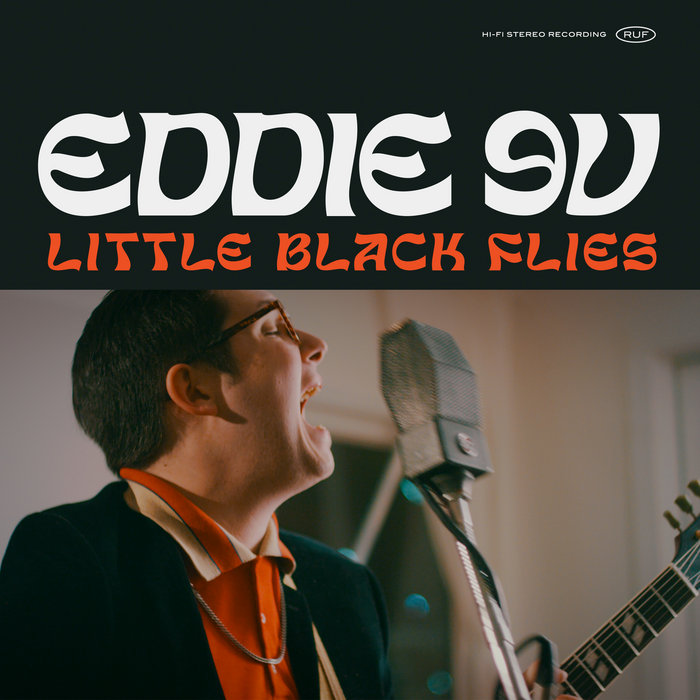
Travelin’ Man – Eddie 9V
this blog is GROOVY – check out great Soul, Funk, Jazz, Hip Hop, Bass, Breaks , Reggae, House n many more TUNES
Welcome to the funky world of Monticello music! Buckle up, because we’re about to take a groovy ride through its history, sprinkled with some hilariously funny facts about the musicians who brought these tunes to life. So grab your headphones and let’s groove!
Nestled in the heart of Illinois, Monticello may seem like just another small town on the map. But hold your horses! This little gem has been home to a vibrant mix of musical styles since way back in the day. First established in 1826, this charming town slowly began attracting folks from all walks of life – farmers, artists, and eventually… musicians.
As time went on, various genres made their way into locals’ playlists—think bluegrass twang mixed with folk vibes. It was as if each musician added a new flavor to this melting pot—a dash of blues here, a sprinkle of jazz there.
In the early days (we’re talking late 19th century), residents gathered for barn dances and community hoedowns where live music ruled supreme. Instruments were rustic but full-hearted: fiddles scratched away while banjos plucked cheerful melodies that could make even the grumpiest farmer tap his boots.
And guess what? Some local musician legends emerged during those times! Did you know one notorious fiddler claimed he played so fast that he broke strings every night? Talk about string theory gone wild!
Fast forward to the roaring twenties—jazz fever hit like nobody’s business! Local speakeasies opened their doors wide for aspiring jazz artists; tunes filled smoke-filled rooms as saxophones wailed and pianos boogied under dimmed lights.
Many jazz musicians would swing by Monticello on road trips across America looking for gigs or just passing through (and maybe finding some sweet southern fried chicken). One such musician was renowned trumpeter “Slick” Sampson—legend has it he once tried playing both trumpet and trombone at once during an especially lively jam session! The result? Well… let’s say that choir boys would be horrified!
By mid-century, bluegrass picked up steam alongside rock ‘n’ roll. With its roots deeply embedded in Appalachian sounds combined with elements from country music, it became an irresistible force across rural America—including our beloved Monticello.
Local festivals started popping up left and right celebrating everything from old-fashioned barn jams to contemporary bluegrass bands strumming out modern hits—always bringing fun vibes along for ride!
One quirky fact involves national sensation “Banjo Bob.” During performances at local gatherings he’d often forget lyrics mid-song but improvise hilarious tangents about his pet chicken named “Clucky.” Audiences ate it up like candy—that guy could charm anyone!
The 1970s saw rock ‘n’ roll storming onto center stage while other genres still held sentimentality among fans. Talented rockers emerged throughout Illinois lending themselves heartfelt ballads more than ever before—with electric guitars riffing louder than any dinner table argument over who forgot dessert last Thanksgiving.
Monticello’s own garage bands began making waves too—and yes they had plenty stories behind them too! Imagine this: two guitarists decided they’d perform barefoot at every gig claiming shoes cramped their style; however after one outdoor festival involving mud puddles… they ended up performing sockless instead because squishy wet socks didn’t help much either way!! Gross yet amusing memories indeed!
Today is where things get extra spicy; thanks largely due social media platforms fostering artistic growth regardless whether people are situated miles apart or living next door neighbors sharing BBQ recipes over backyard fences together whilst jamming out acoustically later-on at sunset picnics under starry skies buzzing around fireflies lighting paths ever so softly…
But hold onto your hats folks—the real kicker comes down when you realize how many creative individuals have ties back here within central Illinois including element-for-music collaboration amongst theater troops showcasing raw talent galore bringing fresh faces into limelight yearly pushing boundaries beyond conventional norms breaking molds onward evermore constantly rocking stages worldwide alike nothing short comical tale!
So there you have it—the kickin’, vivacious history surrounding Monticello’s musical journey flavored heavily through experiences lived across generations intertwined deeply within collective memory shared far-and-wide via laughter stemming partly due mighty concoction blending harmonizing ambitions together while staying true authenticity enabled inspiration firing creative sparks ignited vigorous pride blossoming distinctly unlike anything else experienced elsewhere nearby point blank period dot!!
Whether it’s honky-tonk nights vibrating off wooden floors or elegant melodies drifting softly amid crops swaying gently preparing greet golden sunsets fishing rods gliding silent waters drifting amidst warmth smiles exchanged freely whenever strangers meet—I mean c’mon tell me something better!?
Keep it groovy friends 🎶✨

Travelin’ Man – Eddie 9V